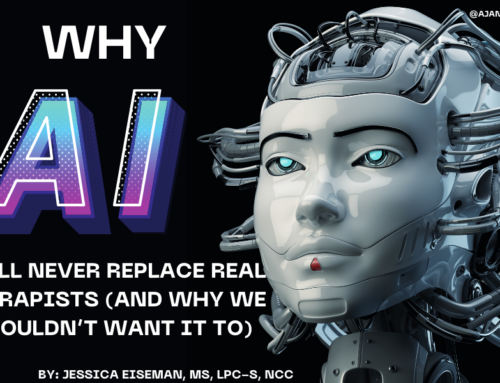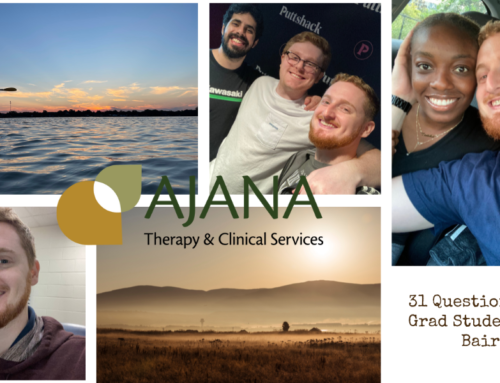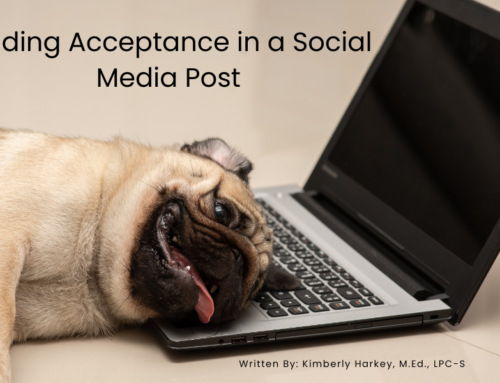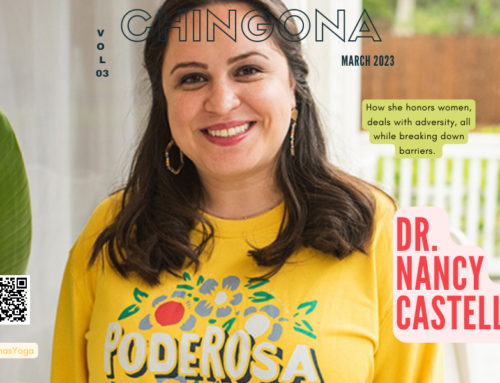Take a Self-Compassion Break!
Written By: Sanna Khoja, M.Ed., LPC
What is Self-Compassion?
Think of someone you’ve been there for while they were hurting. What did you say to them? What kind of language did you use? Did you give words of validation or encouragement? What did you do for them? What was your body language like? How was the sound of your voice and your tone? What about your facial expressions? Now imagine treating yourself the same way. That is self-compassion! Self-compassion is treating yourself as you would a friend or loved one.
Dr. Kristin Neff defines self-compassion as the following:
“Having compassion for oneself is really no different than having compassion for others. Think about what the experience of compassion feels like. First, to have compassion for others you must notice that they are suffering. If you ignore that homeless person on the street, you can’t feel compassion for how difficult his or her experience is. Second, compassion involves feeling moved by others’ suffering so that your heart responds to their pain (the word compassion literally means to “suffer with”). When this occurs, you feel warmth, caring, and the desire to help the suffering person in some way. Having compassion also means that you offer understanding and kindness to others when they fail or make mistakes, rather than judging them harshly. Finally, when you feel compassion for another (rather than mere pity), it means that you realize that suffering, failure, and imperfection is part of the shared human experience. ‘There but for fortune go I.’”
Three Components of Self-Compassion
1. Mindfulness
Mindfulness is a nonjudgmental state of awareness of our feelings and bodily sensations. The mindfulness component encourages us to pay attention to our internal experience even when it’s difficult and refraining from suppressing and ignoring how we feel. Mindfulness also involves awareness of ourselves without reactivity and rumination. The point of practicing mindfulness is not to never feel poorly. It is to acknowledge our human emotions without exaggerating them, suppressing them, or over-identifying with them.
2. Common Humanity
The common humanity component is to help us recognize that we are not alone in our suffering. Suffering and struggling with our inadequacies and insecurities is a part of being human. We are not alone in our pain. It is important that we choose to recognize our common humanity rather than isolating ourselves.
3. Self-Kindness
Self-kindness is where the compassion part comes in. Rather than judging ourselves for our short-comings, failures, and suffering with self-criticism, try self-kindness. Self-kindness allows us to be gentle, warm, and understanding when we get into negative situations. Self-kindness is recognizing that struggling in life is inevitable, and it is to be met with kindness.
Take a Self-Compassion Break
Dr. Kristin Neff encourages a practice called Self-Compassion Break. The following are the instructions broken into the different components:
First, think of a situation in your life that is distressing. Bring the situation to your mind, and see if you can actually feel the stress and emotional discomfort in your body.
Now that you have this on your mind and can feel it in your body, you may begin the exercise.
Step 1: Mindfulness
Now, say to yourself:
This is a moment of suffering.
This is hard.
This hurts.
I am struggling right now.
Ouch.
This is stress.
Step 2: Common Humanity
Say to yourself:
Suffering is a part of life.
Other people feel this way.
I’m not alone.
Everyone experiences this just like me.
We all struggle in our lives.
Step 3: Self-Kindness
You can ask yourself, “What do I need to hear right now? What would I say to a friend?” Is there a phrase that speaks to you in your particular situation?
Say to yourself:
May I be kind to myself.
May I give myself the compassion that I need.
May I learn to accept myself as I am.
May I forgive myself.
May I be strong.
May I be safe.
May I be patient.
*Bonus: Use soothing touch during the exercise. You can put your hands over your heart, belly, face or wherever feels safe and soothing to you.
About Sanna:
Sanna Khoja, M.Ed., LPC is a therapist in Houston, TX. She specializes in anxiety-based issues including social anxiety, PTSD, and OCD. Sanna enjoys working with young adults who struggle with perfectionism, life transitions, identity, and self-esteem. Catch her posts every week on Instagram and Facebook where she leads conversations on holistic transformation of the mind, body, and soul. #TuesdaysWithSanna




